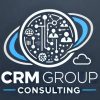In today’s competitive business landscape, implementing a Customer Relationship Management (CRM) system is essential for managing and enhancing customer relationships. CRM benefits extend beyond simple data management; a CRM centralizes customer information from various sources, enabling businesses to better understand each client’s journey. By leveraging CRM tools, companies can create personalized experiences, improve response times, and make data-driven decisions that foster trust and loyalty.

The Advantages of Using a CRM System
A well-implemented CRM provides a comprehensive view of each customer by consolidating data from social media, website interactions, email communications, and purchase history. This integration empowers teams to engage with customers using relevant insights, ensuring that every message and recommendation is personalized and meaningful.
Key Advantages of CRM:
- Personalized Customer Interactions: CRM insights allow your team to understand customer preferences, enabling tailored outreach that resonates on a personal level.
- Proactive Customer Support: Predictive analytics within CRMs help identify potential issues, allowing your team to reach out before problems escalate, thereby enhancing customer satisfaction.
- Data-Driven Decision-Making: Real-time CRM data aids in making effective decisions across marketing, sales, and support, ensuring that each department is aligned in meeting customer needs.
Strategies for Using CRM to Strengthen Customer Relationships
1. Integrate Multi-Channel Customer Data
Integrating data from all customer touchpoints—including emails, social media, and purchase history—creates a complete view of each customer’s journey. This holistic approach helps your team understand the broader context of each interaction.
2. Leverage Predictive Analytics for Customer Insights
With predictive analytics tools, a CRM system can identify patterns that help anticipate a customer’s needs. For instance, if a customer shows interest in a particular product, your CRM can trigger relevant recommendations or special offers.
3. Automate Personalized Customer Outreach
Automating CRM tasks such as follow-ups or product recommendations keeps customers engaged with timely, relevant content. Automated outreach ensures that no customer falls through the cracks and that each receives consistent, value-driven interactions.
Essential Metrics to Track for CRM Success
Measuring the effectiveness of your CRM strategy is crucial. Here are some key metrics to focus on:
- Customer Retention Rate: This metric indicates how well your CRM helps keep customers engaged. A high retention rate suggests strong relationship-building.
- Response Time for Customer Queries: This measures the speed of your customer support team. Faster response times often correlate with higher customer satisfaction.
- Customer Satisfaction Score (CSAT): CSAT provides insights into the quality of customer interactions, serving as a direct measure of how well your CRM strategy resonates with clients.
- Customer Lifetime Value (CLV): CLV tracks the total revenue generated by a customer over time. A high CLV suggests that customers are finding long-term value in your offerings, indicating strong relationships.
Start Building Better Customer Relationships with CRM Benefits
A CRM system not only organizes customer data but also enhances every interaction, helping to build trust and loyalty. By leveraging CRM features like data integration, predictive analytics, and automation, your business can transform its approach to customer relationships.
Ready to see how CRM benefits can strengthen your customer connections? Start implementing a CRM today and discover the difference it can make in your relationships and overall business growth!

